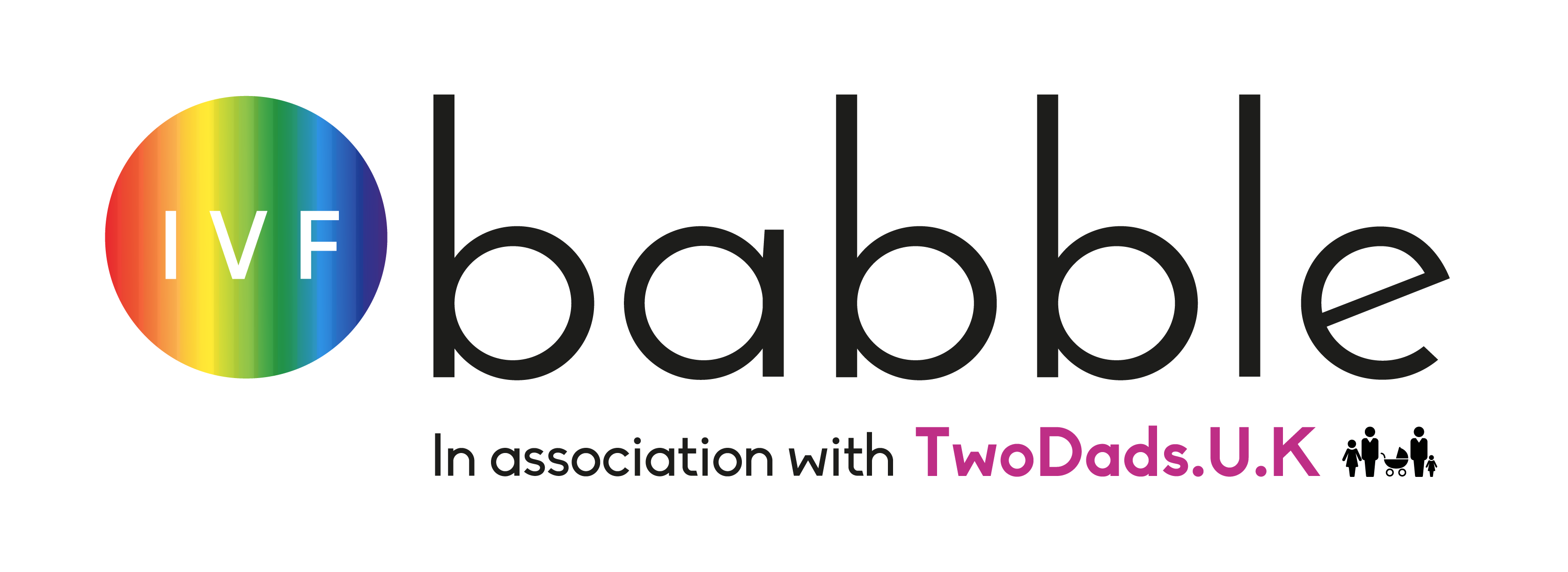Many LGBTQ+ families and individuals are interested in starting or growing their families. However, the medical interventions required often come with a hefty price tag. IUI, IVF, donor eggs and sperm, surrogacy.
These are all brilliant ways to become parents but what is the cost?
These treatments (and the medications required) cost money and are not always covered by insurance.A staggering 63% of LGBTQ millennials say they are planning to use reproductive technology to start a family. Are you one of those people hoping to harness the power of science to have a baby? If so, have you considered how you would pay for it?
Does your insurance cover the costs, or will you have to pay out of pocket?
Believe it or not, in many cases insurance companies will deny LGBTQ+ couples and individuals fertility treatment coverage. These restrictions are based on outdated definitions of ‘infertility” that completely deny the existence of LGBTQ+ families.
According to the CDC, “infertility is defined as not being able to get pregnant (conceive) after one year (or longer) of unprotected sex.”
That definition very clearly excludes LGTBQ+ people from accessing infertility treatment.
Most members of the LGBTQ+ community are not actually ‘infertile’ – they just need some extra help from science and/or donors!
So what should you do?
As soon as you are thinking about starting a family, get in touch with your insurance company as soon as possible.
Explain your situation, and then ask them the following questions:
- Does my policy cover diagnostic testing for infertility treatment?
- Will I be covered for fertility treatments?
- Am I covered for Intrauterine insemination (IUI) coverage and/or In vitro fertilization (IVF) coverage?
- How many cycles am I covered for?
- If my partner is the one inseminated, will we be covered as a family?
- Are my medication and cycle-monitoring covered?
- How much is my co-pay? When do I have to pay my co-pay?
- How much is my deductible?
- What are the exclusions in my plan?
- Am I covered for surrogacy?
What is deductible?
Will medications, ultrasounds, and blood work be covered? Will they have a co-pay?
Once you have the answers to these questions, you can begin to plan your next steps.
If your insurance is less than generous, you only have a few options
Of course, you can foot the bill yourself, or fundraise to earn the money for your treatments. That said, for many people, the best option may be to switch jobs, or take a part-time job at Starbucks (who offer excellent fertility coverage)!
This may sound rash, but a recent study from NASDAQ and Progyny reported that more than 80% of millennials would consider switching jobs for better insurance coverage. You certainly wouldn’t be alone!
If switching jobs isn’t possible, it’s time to reach out to organizations that offer family-building grants to LGBTQ+ recipients.
Check out the options and determine which might be best for your needs.
Do you have advice or stories to share about your own journey to parenthood? We would love to hear from you at [email protected] or by sharing in the comments below








